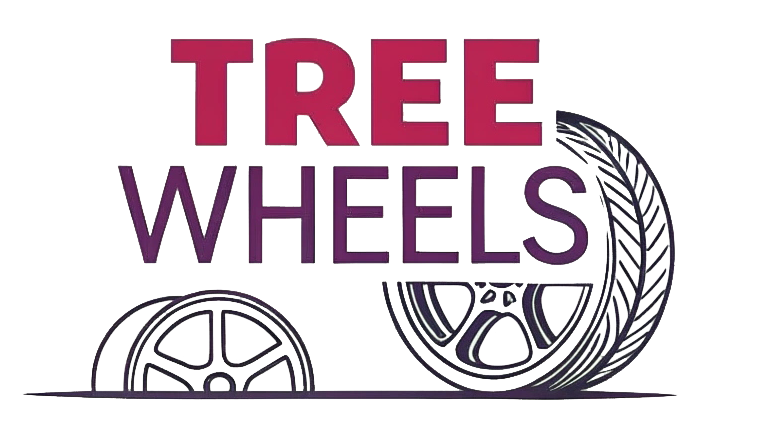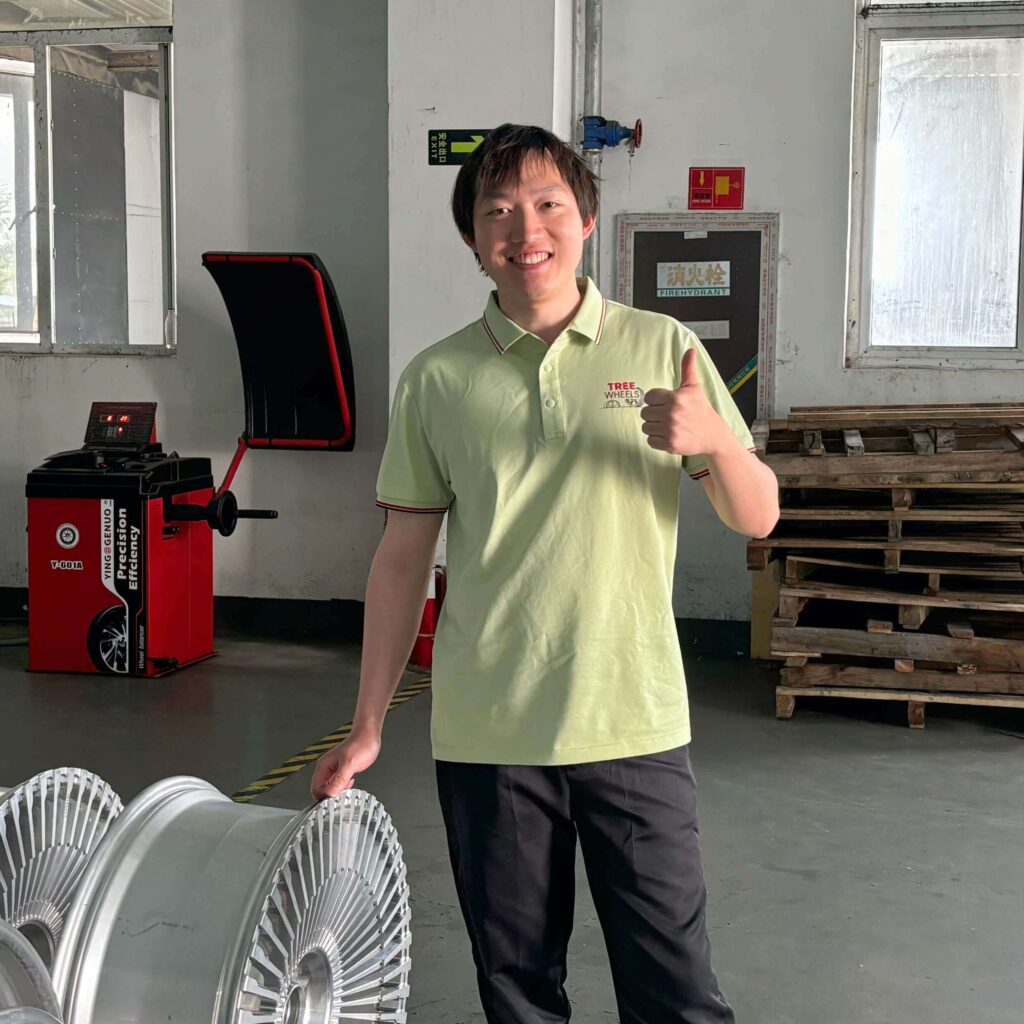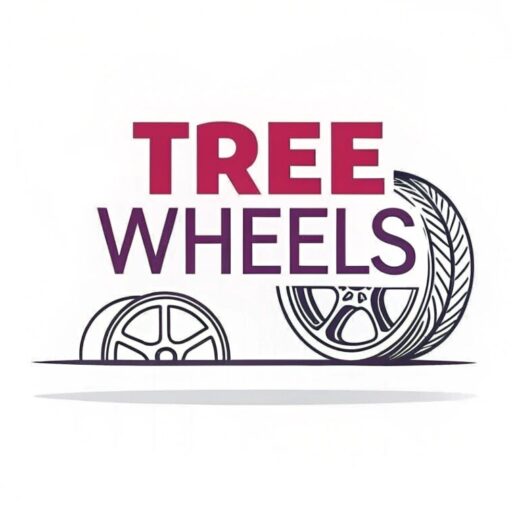Struggling to pick the perfect wheels for your car? You're not alone. The wrong choice can hurt performance or cost you big.
Aluminum alloy wheels dominate the market. Forged wheels suit custom builds or sports cars, offering quality at a mid-high price. Casting wheels are budget-friendly for family cars.

I’ve been there, staring at endless wheel options, feeling overwhelmed. Stick with me, and I’ll break it down to make your decision easier.
How Do I Know What Wheels Should I Buy for My Car?
Choosing wheels feels like a maze. One wrong turn, and your car’s performance or look suffers. It’s stressful.
Consider your car type and driving needs. Forged aluminum wheels are ideal for performance cars; casting wheels work for daily drivers.

When I started Tree Wheels, I learned fast that not all wheels fit every car. Let’s dig into what matters most.
Why Car Type Matters
Your car’s purpose drives your wheel choice. Sports cars need lightweight, strong forged wheels for speed. Family sedans can use heavier, cheaper casting wheels. I once helped a friend pick wheels for his Mustang. He wanted flashy rims but didn’t realize heavy wheels would slow him down. We went with forged aluminum, and he loved the result.
Budget vs. Quality
Forged wheels cost more but last longer and perform better. Casting wheels save money but may crack under stress. Think about your priorities. Do you want durability or a lower upfront cost?
Comparing Wheel Types
| Wheel Type | Best For | Price Range | Durability |
|---|---|---|---|
| Forged Aluminum | Sports cars, custom builds | Mid-High | High |
| Casting Aluminum | Family cars, daily drivers | Low-Mid | Moderate |
This table helped me explain options to a client who was torn between cost and quality. It’s about matching your needs to the wheel’s strengths. Always check your car’s manual for compatibility to avoid mistakes. You’ll feel confident knowing your choice fits both your car and your lifestyle.
How Do I Find the Right Wheel for My Car?
Picking wheels can overwhelm anyone. The wrong fit ruins your car’s look and handling. It’s a big decision.
Match wheels to your car’s specs. Check bolt pattern, offset, and size in your manual. Forged wheels offer custom options; casting wheels are standard.

I’ve spent years helping clients find the perfect wheel. Let’s break down the key steps to get it right.
Understanding Wheel Specs
Bolt pattern and offset are critical. The bolt pattern must match your car’s hub, like 5x114.3 for many sedans. Offset affects how wheels sit—too far in or out causes rubbing. I once saw a client install wheels with the wrong offset. His car scraped every turn. Always double-check these specs.
Customization Options
Forged wheels, like those we make at Tree Wheels, offer tailored sizes, designs, and finishes. Casting wheels have fewer options but are widely available. Decide if you want a unique look or a standard fit.
Practical Tips
| Spec | How to Check | Why It Matters |
|---|---|---|
| Bolt Pattern | Car manual or measure hub | Ensures wheels fit |
| Offset | Manual or wheel specs | Prevents rubbing |
| Size | Manual or tire shop | Affects handling |
This table guides my clients to avoid costly errors. Check your car’s requirements before shopping. If you’re unsure, consult a professional. The right wheel transforms your car’s style and performance.
How to Choose Rims for Your Car?
Rims define your car’s style. Pick poorly, and your car looks off, or worse, handles badly. It’s a tough choice.
Focus on style, material, and fit. Forged aluminum rims offer premium looks and performance; casting rims are affordable and practical.

I’ve seen rims make or break a car’s vibe. Let’s explore how to pick rims that shine.
Style Meets Function
Rims should match your car’s aesthetic. Sleek, multi-spoke forged rims suit sports cars. Simple casting rims fit family vehicles. I helped a client choose rims for his SUV. He wanted bold, but we balanced style with weight to maintain fuel efficiency.
Material Matters
Forged aluminum rims are lightweight and strong, ideal for performance. Casting rims are heavier but cheaper, great for daily use. Your driving habits should guide your choice.
Fit and Finish
| Feature | Forged Rims | Casting Rims |
|---|---|---|
| Weight | Light | Heavier |
| Cost | Higher | Lower |
| Style Options | Customizable | Limited |
This table simplifies decisions for my clients. Always ensure rims fit your car’s specs. Test different finishes, like matte or gloss, to match your vision. Your rims should feel like an extension of your car’s personality.
How Do I Find the Correct Wheel Size for My Car?
Wrong wheel size can wreck your car’s handling or damage tires. It’s a costly mistake to avoid.
Check your car’s manual or tire sidewall for size (e.g., 17x7). Forged wheels allow custom sizes; casting wheels are standard.

I’ve guided countless clients to the right wheel size. Let’s make it simple for you.
Why Size Matters
Wheel size affects ride comfort and performance. Larger wheels look sporty but may reduce comfort. Smaller wheels improve handling for daily driving. I once advised a client against oversized wheels for his sedan. His car’s suspension couldn’t handle it, and he thanked me later.
How to Measure
Look at your tire sidewall (e.g., 225/45R17). The “17” is your wheel diameter. Width (e.g., 7 inches) matters too. Your manual confirms what sizes fit. Forged wheels offer flexibility for custom builds.
Size Compatibility
| Size | Best For | Impact |
|---|---|---|
| Smaller (15-16”) | Family cars | Better comfort |
| Larger (17-20”) | Sports cars | Sporty look, firmer ride |
This table helps my clients visualize trade-offs. Stick to manufacturer specs unless you’re modifying your car. If you’re upgrading, consult a pro to avoid issues. The right size keeps your car safe and stylish.
Conclusion
Choosing wheels means matching size, style, and material to your car’s needs. Forged or casting, make it yours. Discover premium forged wheels at Tree Wheels today!



